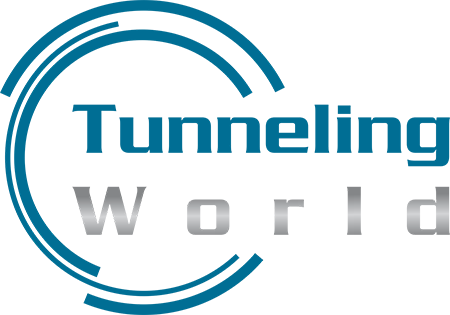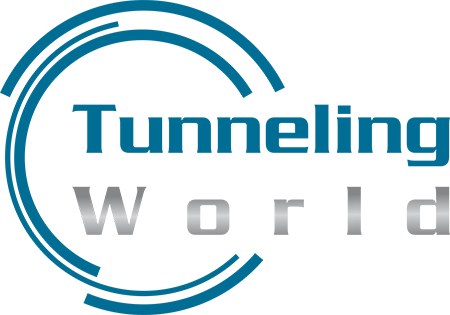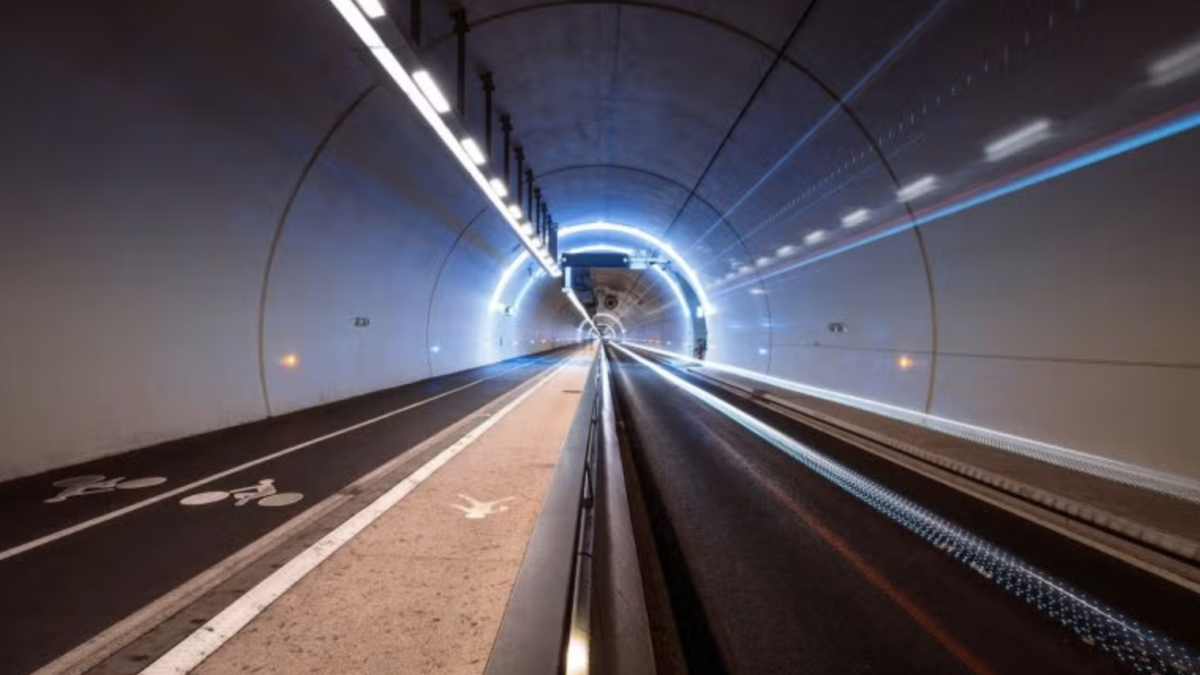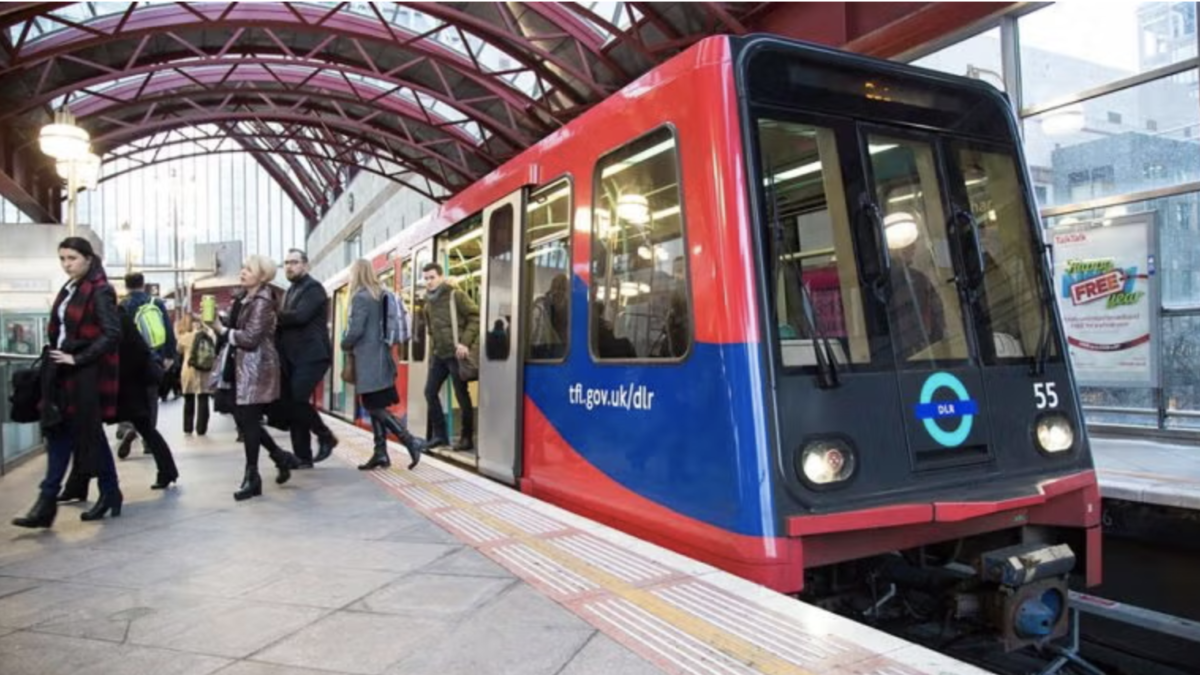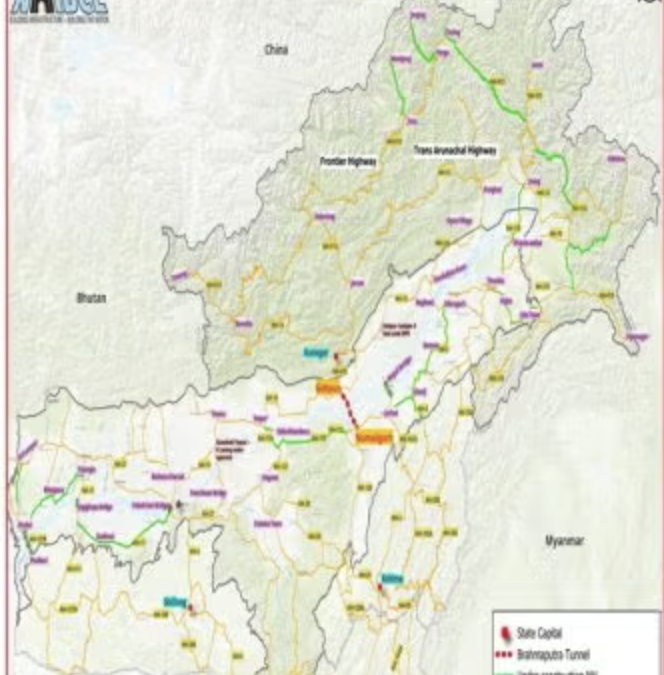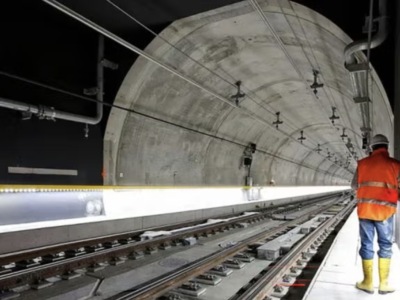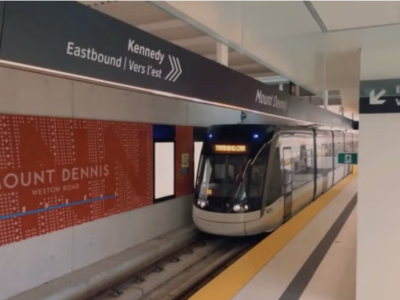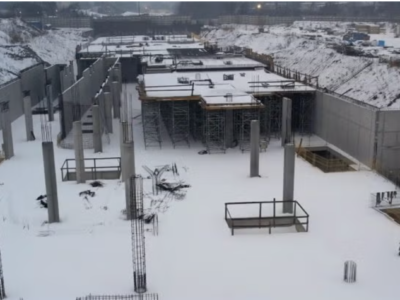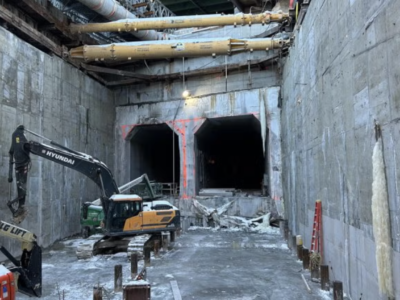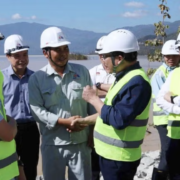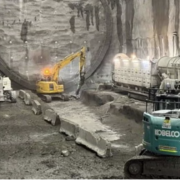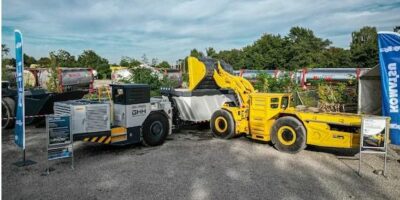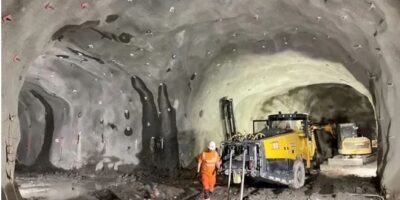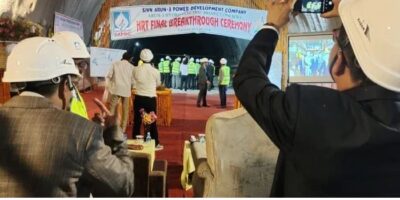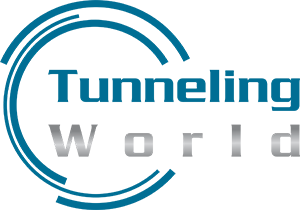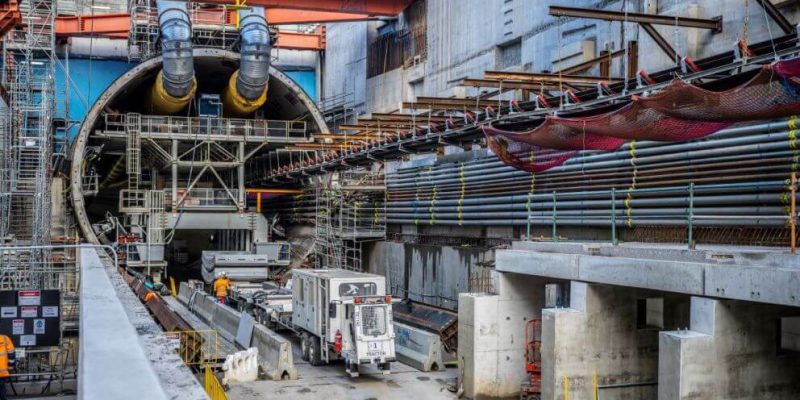
Almost 40% of the West Gate Tunnel scheme’s twin tunnels have been excavated by two tunnel boring machines.
The TBMs Bella and Vida have tunneled under Yarraville in Melbourne’s inner west during the previous year and they are also going to break through at new entry and exit portals in 2023.
Providing new links to Melbourne’s port, City Link, and the city, the West Gate Tunnel will deliver a vital alternative to the heavily congested West Gate Bridge following its completion.
The new lanes on the West Gate Freeway with 18km length, which are expanding from eight to 12 lanes and easing daily traffic congestion for the 200,000 motorists, are the contents of this scheme. Installing 80% of the project’s new and improved noise walls, over 75% of widening works are complete currently.
With cooperation of the Victorian Government and toll road operator Transurban, the West Gate Tunnel project will be delivered.
While the commissioning process of Bella TBM was done by the CPB Contractors and John Holland (CPBJH) JV in March from the northern portal in Yarraville (a suburb of Melbourne), over 1km of its 4km drive was completed by July this year and it moved southwest towards the southern portal along the West Gate Freeway.
With15.6m diameter, 90m long, and 4,000t weight, both TBMs are the biggest in the southern hemisphere, whereas they are digging an average of 9m a day.
The TBMs are building the new twin tunnels between the Maribyrnong River and the West Gate Freeway to provide an alternative to the West Gate Bridge. New Hyde Street ramps are taking shape next to the freeway, giving trucks direct access to local industry, with the bridge over the Maribyrnong River now 40% complete.
Linking the new tunnels with an elevated roadway above Footscray Road, where a state-of-the-art launching gantry has recently completed the first stage of its outbound journey, will be the advantage of this bridge, while the intended new six-lane elevated road with 2km length is due to connect to City Link and improve connections among city center and Melbourne’s northern and western suburbs.
The number of daily trucks that will remove from local roads by providing a direct route from the port to the industrial areas of Melbourne’s west is estimated to be about 9,000 after the completion of the project.
Considering an issue with contaminated soil between the client and contractors, the scheme has encountered delays and cost increases although it had significant advances.
Towards the end of 2019, tunneling preparations were halted as per- and polyfluorinated alkyl substances, chemicals used in firefighting foam, were identified in the soil. The dispute between Transurban and CPBJH JV was over who is responsible for the cost of the disposal.
By concluding an agreement on revised terms for the delivery of the project at the end of last year among the parties, the determined new completion date is late 2025. Although, the scheduled time for completion of this scheme was originally planned for this year and its awarded budget was A$5.5bn (£3.1bn), but the cost has since ballooned.
